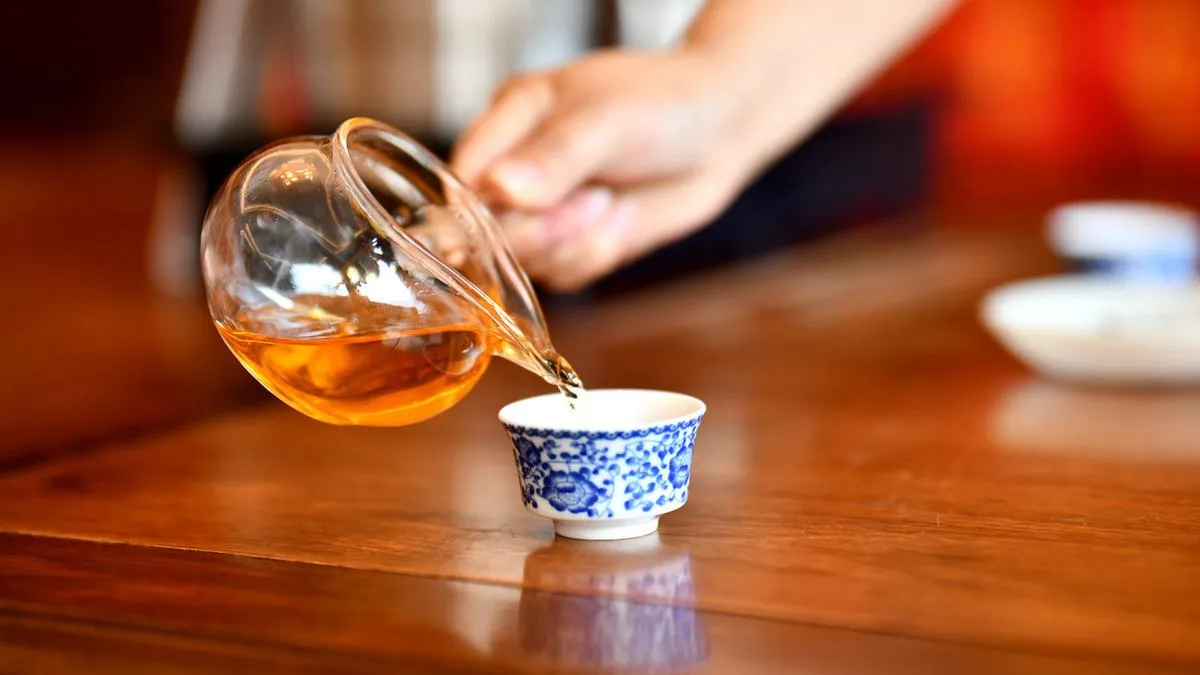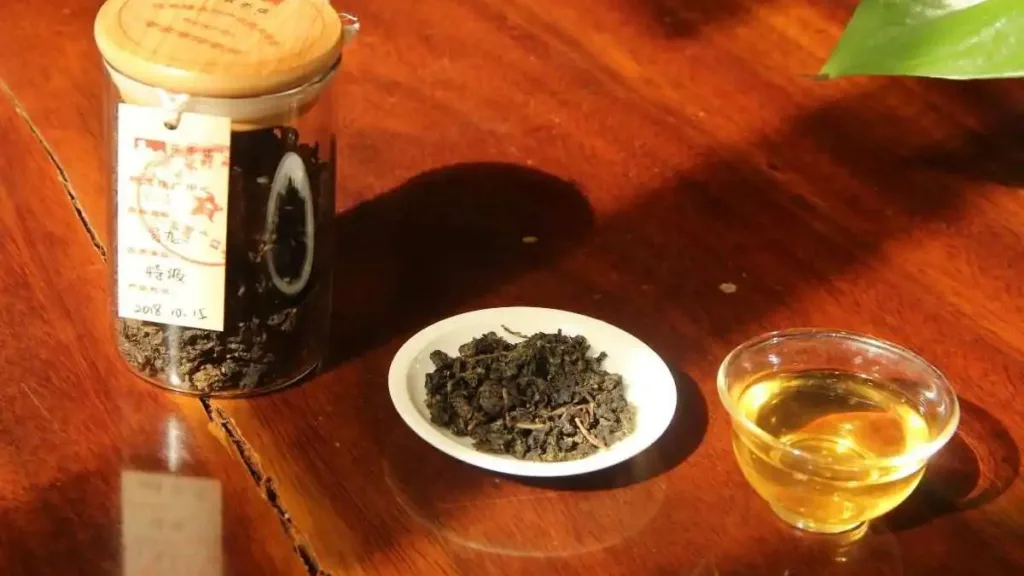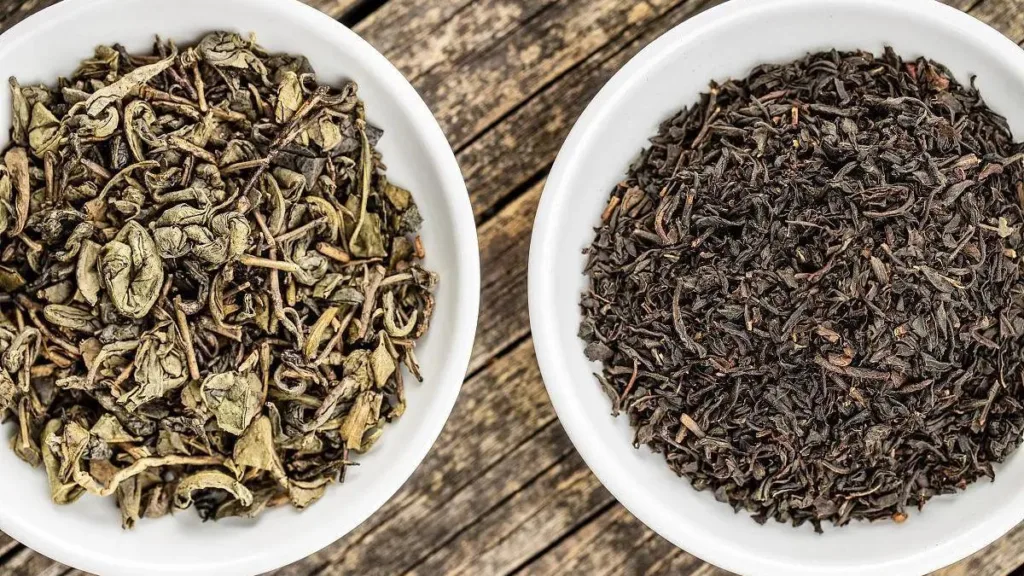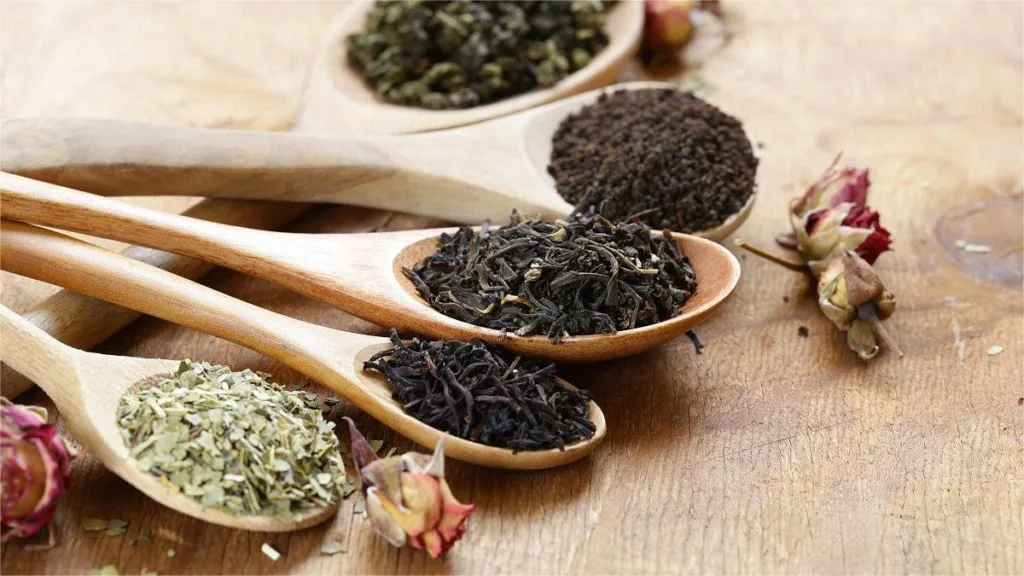The tradition of drinking tea has been deeply ingrained in Chinese culture from ancient times to the present. It’s particularly common to have a cup of tea after a meal. But why is this the case?
First and foremost, drinking tea can indeed aid digestion, stimulate the appetite, and help lower cholesterol levels. However, if you drink tea immediately after a meal, it can have adverse effects on the body as it doesn’t necessarily promote digestion. This is because the tannic acid and caffeine found in tea can interfere with the digestion of food. When tannic acid enters the gastrointestinal tract, it inhibits the secretion of gastric and intestinal fluids, leading to poor digestion. Furthermore, when tannic acid encounters proteins in foods like meat, tofu, eggs, or dairy, it can cause coagulation, forming undigestible clumps.
The notion that drinking tea after a meal aids digestion can be traced back to the “Classic of Tea.” Yuan dynasty’s Haorui in “Daily Materia Medica” mentioned its ability to “relieve annoyance, quench thirst, eliminate greasiness, and clarify the mind.” This demonstrates that tea is indeed a beverage that helps with digestion and regulates fat metabolism. In a broader sense, digestive effects refer to actions on the entire digestive system.
Another crucial aspect of post-meal tea consumption is its role in promoting social interaction. It provides a space for people to come together, chat, and share their thoughts, thereby strengthening social bonds.
In summary, enjoying tea after a meal is a wonderful lifestyle choice. It can aid digestion, help relax the mind, and promote social interaction, ultimately leading to happier and healthier lives.



